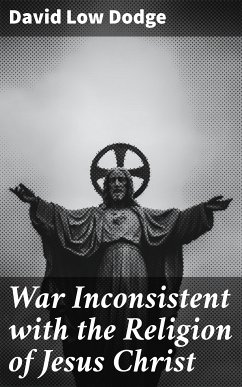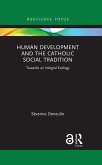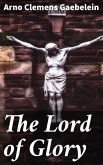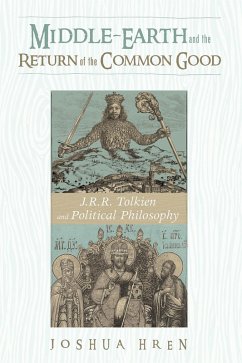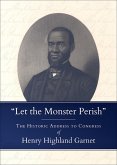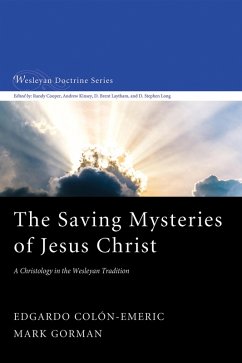In 'War Inconsistent with the Religion of Jesus Christ' by David Low Dodge, the author explores the moral and ethical implications of participating in warfare from a Christian perspective. Published in 1815 during a time of great conflict and political upheaval, Dodge challenges the prevailing notion that war is a justified means of asserting power and defends the pacifist beliefs of the Quakers. Through eloquent prose and biblical references, Dodge argues that violence and aggression are antithetical to the teachings of Jesus Christ, emphasizing the importance of love, forgiveness, and non-violence in human interactions. This book stands as a timeless manifesto for those who seek to reconcile their faith with the brutal realities of war. David Low Dodge, a prominent advocate for peace and social justice in the early 19th century, drew inspiration from his Quaker beliefs and personal experiences to write 'War Inconsistent with the Religion of Jesus Christ'. His impassioned plea for pacifism and compassion resonates with readers to this day, urging them to reconsider their views on conflict and its consequences. I highly recommend 'War Inconsistent with the Religion of Jesus Christ' to anyone interested in exploring the intersection of faith and warfare, as well as those seeking a powerful argument against violence. Dodge's insightful analysis and moral clarity make this book essential reading for those grappling with the ethical dilemmas posed by armed conflict.
Dieser Download kann aus rechtlichen Gründen nur mit Rechnungsadresse in A, B, BG, CY, CZ, D, DK, EW, E, FIN, F, GR, H, IRL, I, LT, L, LR, M, NL, PL, P, R, S, SLO, SK ausgeliefert werden.

